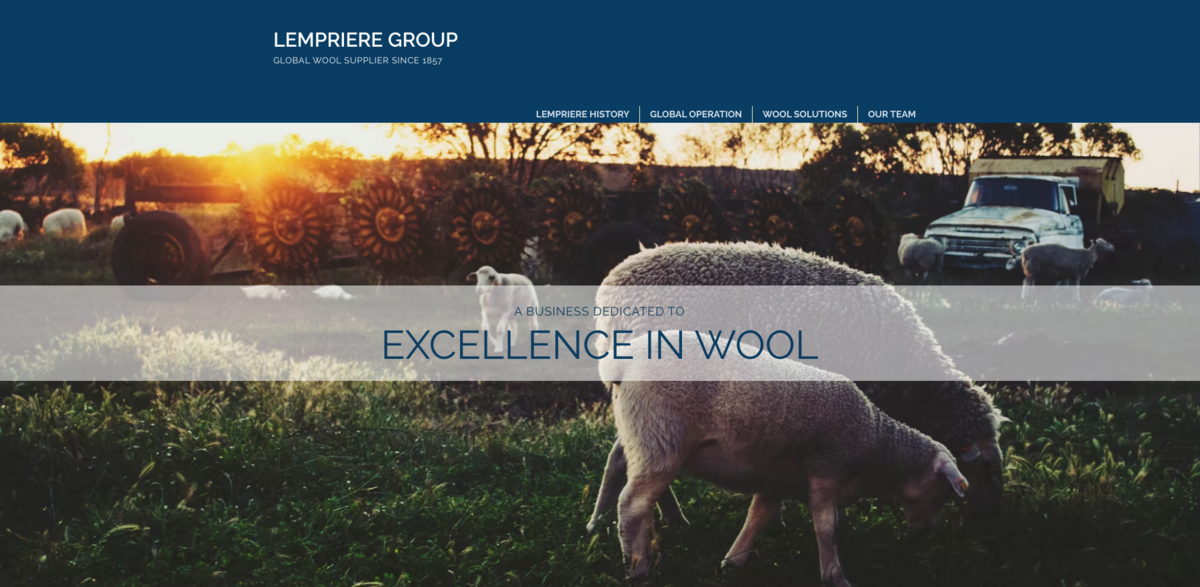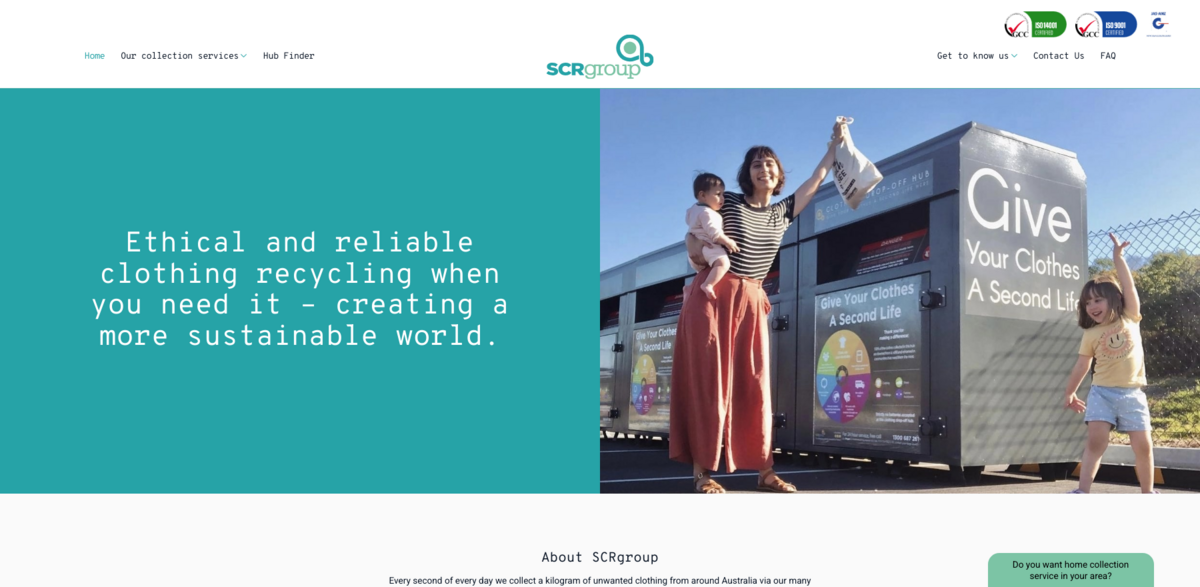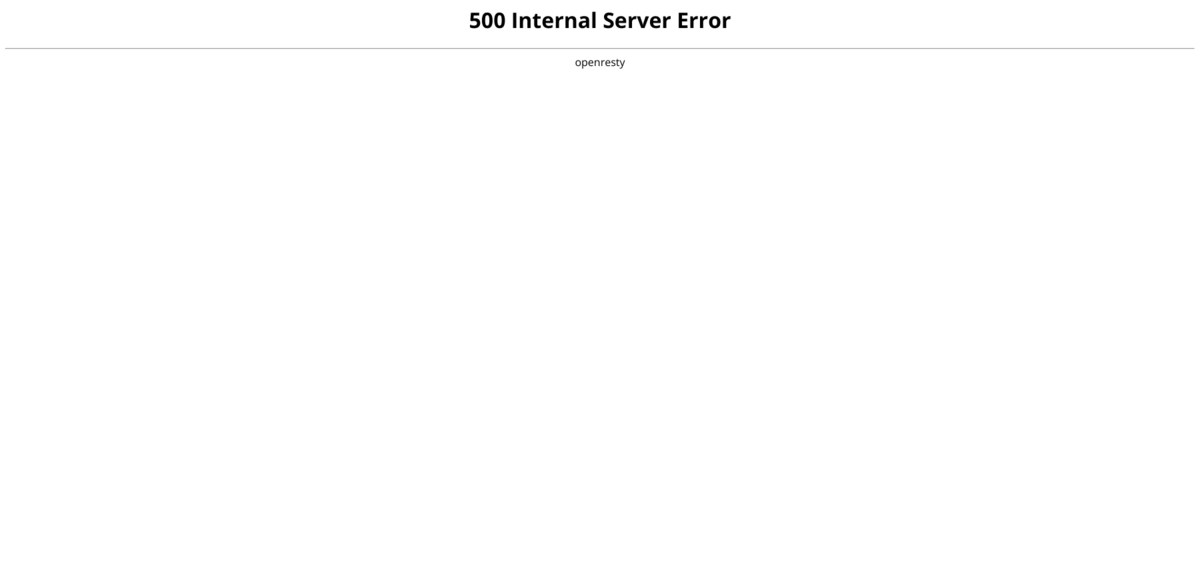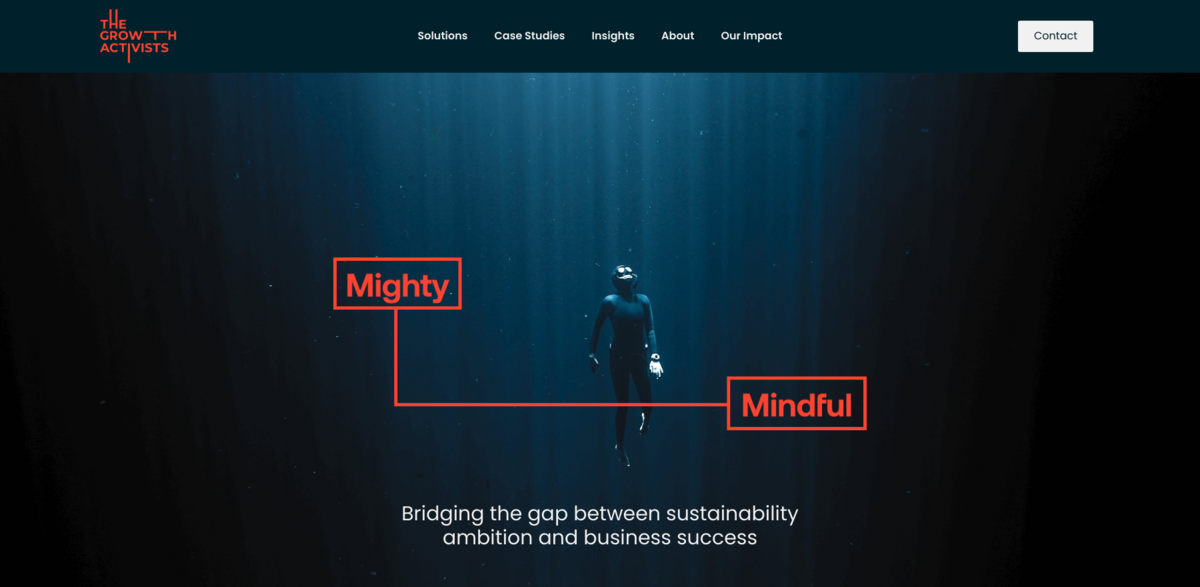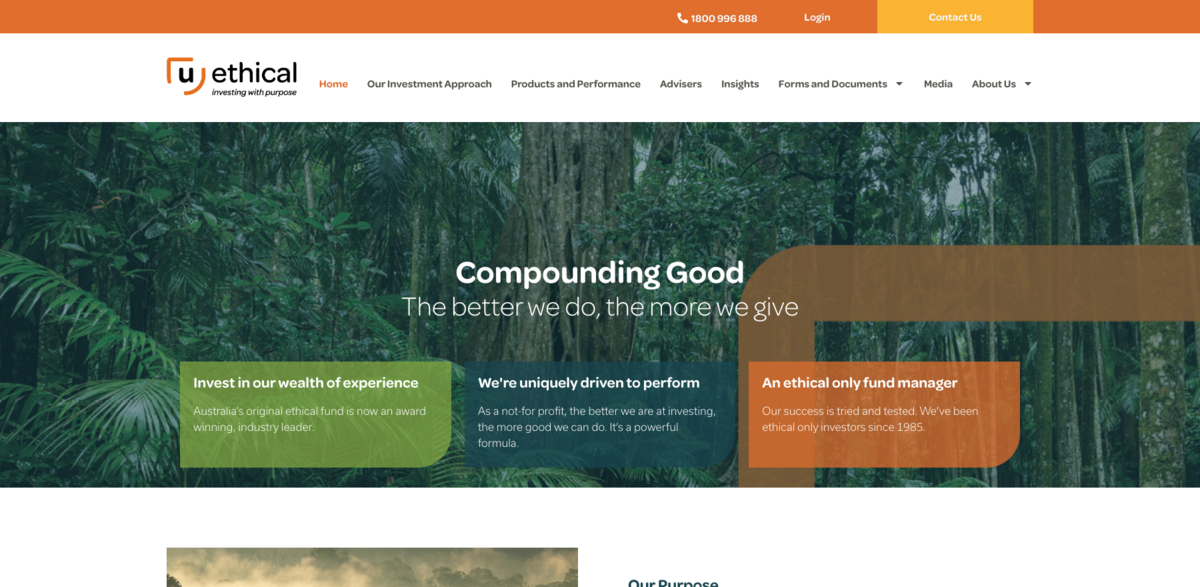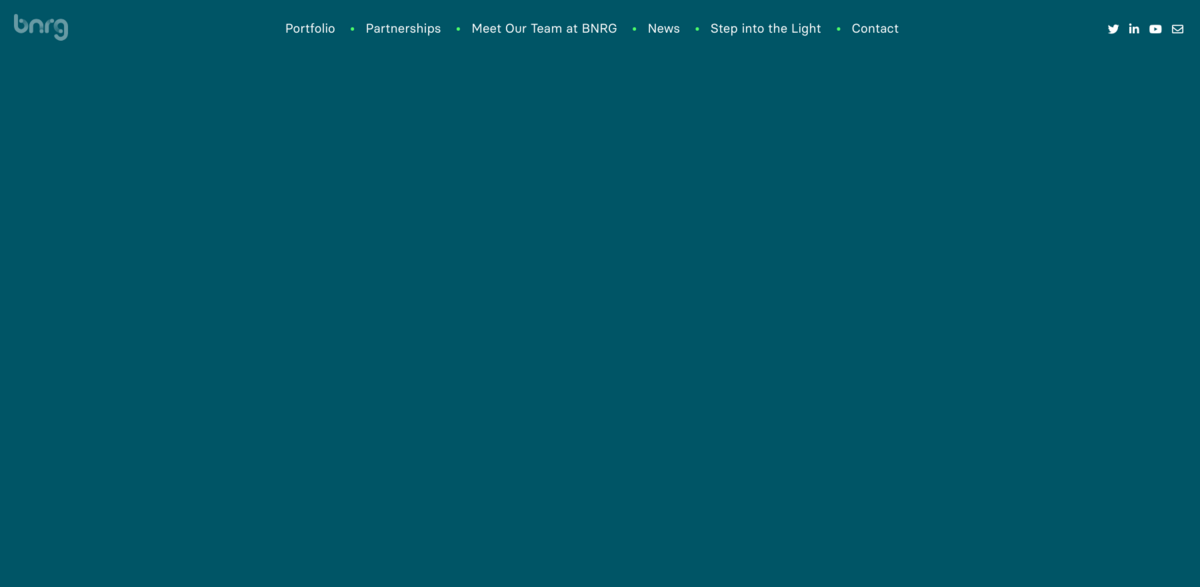SDG 16: Peace, Justice, and Strong Institutions
Sustainable Development Goal 16 (SDG 16), as part of the United Nations’ Agenda 2030, is dedicated to promoting peaceful, just, and inclusive societies. It aims to reduce all forms of violence, ensure equal access to justice, and build accountable and inclusive institutions. SDG 16 envisions a world where strong institutions uphold the rule of law, human rights are respected, and everyone has access to justice, leading to lasting peace and security.
SDG 16 is crucial for the foundation of peace, stability, and development. Without peace and strong institutions, progress in other areas such as education, healthcare, and economic development becomes difficult. Achieving SDG 16 ensures:
✅ Reduced violence, including conflict and organized crime
✅ Access to justice for all
✅ Inclusive institutions that are transparent, accountable, and responsive
✅ Respect for the rule of law and human rights
✅ Efficient, transparent governance
How Can We Achieve SDG 16?
To achieve SDG 16, the world must focus on:
🕊️ Promoting justice and peace through conflict resolution and non-violence.
🕊️ Strengthening institutions for good governance and accountability.
🕊️ Supporting human rights protection and ensuring equal access to justice.
🕊️ Fighting corruption and promoting transparency in all sectors.
🕊️ Enhancing participation and inclusive decision-making processes in governance.

Innovative Solutions for SDG 16: Companies & Initiatives Promoting Peace and Justice
Achieving SDG 16: Peace, Justice, and Strong Institutions requires effective governance, human rights protection, and non-violent solutions. Governments, NGOs, and social enterprises are actively working to build peace, strengthen institutions, and ensure justice for all.
From anti-corruption initiatives, conflict resolution programs, and legal aid to institutional transparency and civil rights advocacy, these solutions contribute to stronger, more inclusive societies.
👉 Explore these impactful initiatives and companies making a difference in the quest for peace, justice, and strong institutions! 🌍🤝
10 projects in Australia contributing to SDG 16
-
Lempriere Wool Trading: A Trusted Global Supplier of Quality Wool
Lempriere Wool Trading has been a trusted global supplier of quality wool for over 150 years, serving textile mills and fashion houses worldwide. With a commitment to sustainability and innovation, they source wool from diverse origins and operate a topmaking plant in Bulgaria, catering to the European market.
-
SCR Group: Transforming Unwanted Textiles into Sustainable Solutions
SCR Group is dedicated to giving unwanted textiles a second life. By collecting and redistributing clothing across Australia, they significantly reduce landfill waste while supporting communities in need. Their initiatives promote sustainability and a circular economy, making it easy for everyone to contribute to responsible consumption.
-
Pella Funds Management: Responsible Investing for Sustainable Returns
Pella Funds Management is an employee-owned investment firm dedicated to responsible investing. Founded in 2005, they focus on delivering sustainable returns while adhering to ethical principles. Their unique approach balances long-term wealth creation with short-term opportunities, ensuring lower volatility and consistent outperformance. With tailored funds for Australian and New Zealand investors, Pella is committed to…
-
Ecoliv: Sustainable Prefab Modular Homes for the Australian Lifestyle
Ecoliv specializes in designing and building sustainable prefab modular homes tailored for the Australian landscape. Their innovative approach combines speed, efficiency, and eco-friendliness, making them a leader in the green building movement. With a focus on energy efficiency and minimal environmental impact, Ecoliv homes are designed to suit various climates while promoting a healthier lifestyle.…
-
Grounded Goods: Sustainable, Locally Made Alternatives to Disposable Packaging
Grounded Goods is an Australian-owned, female-led company dedicated to sustainability. They provide high-quality, reusable products that replace disposable packaging, supporting local manufacturing and reducing landfill waste.
-
Design by Nature: Ethical Graphic Design and Sustainable Branding
Design by Nature is a Melbourne-based design studio committed to sustainability and ethical graphic design. With 25 years of experience, they partner with organizations to create impactful branding and communication strategies that prioritize social and environmental responsibility.
-
BNRG: Leading the Way in Solar Energy Solutions
BNRG is dedicated to advancing solar energy solutions globally. Since 2007, they have developed and managed solar projects that produce clean electricity, significantly impacting sustainability and energy accessibility. With a commitment to innovation and partnerships, BNRG is shaping a brighter, greener future.
Find SDG 16 Projects in your country! Where are you located?
Agriculture & Food Argentina Arts & Culture Australia Austria Belgium Brazil Canada Communities Conservation & Biodiversity Construction & Infrastructure Education Energy Fashion Finance France Governance & Policy Health & Well-being housing Mobility & Transport Netherlands Packaging SDG 1 SDG 2 SDG 3 SDG 4 SDG 5 SDG 7 SDG 8 SDG 9 SDG 10 SDG 11 Services & Consultancy Solar energy Spain Switzerland Technology Tourism United Kingdom United States Waste & Recycling water Water management Wind energy zero waste
FAQ on SDG 16: Peace, Justice, and Strong Institutions (Agenda 2030)
1. What is SDG 16?
SDG 16: Peace, Justice, and Strong Institutions is the sixteenth goal of the United Nations’ Sustainable Development Goals (SDGs) under Agenda 2030. It focuses on promoting peaceful societies, justice for all, and the establishment of inclusive, accountable institutions at all levels.
2. Why is SDG 16 important?
Without peace and effective institutions, societies struggle with conflict, violence, corruption, and lack of justice. Achieving SDG 16 ensures security, human rights, and effective governance, forming a solid foundation for the other SDGs to thrive.
3. What are the key targets of SDG 16?
Some major targets include:
- 16.1: Significantly reduce all forms of violence and related death rates.
- 16.3: Promote the rule of law and ensure equal access to justice.
- 16.5: Substantially reduce corruption and bribery.
- 16.7: Ensure responsive, inclusive, participatory, and representative decision-making.
- 16.10: Ensure public access to information and protect fundamental freedoms.
4. How does SDG 16 relate to Agenda 2030?
SDG 16 intersects with SDG 5 (Gender Equality), SDG 8 (Decent Work and Economic Growth), and SDG 10 (Reduced Inequalities). Peace, justice, and strong institutions provide the stable foundation required to achieve broader global development goals.
5. What are the biggest challenges to achieving SDG 16?
Some of the main challenges include:
- Corruption and lack of accountability in governance.
- Insecurity and violent conflict in many regions.
- Weak justice systems and barriers to access to justice.
- Exclusion of marginalized groups from decision-making processes.
6. How can governments help achieve SDG 16?
Governments can:
- Ensure the rule of law and equal access to justice.
- Fight corruption and promote transparency in governance.
- Promote inclusive decision-making and human rights.
- Ensure access to essential public services for all citizens.
7. What role do businesses play in SDG 16?
Businesses can:
- Adopt anti-corruption measures and transparent practices.
- Promote fair labor practices and ethical business conduct.
- Support social justice initiatives and inclusive governance.
- Ensure responsible business practices in all sectors.
8. How can individuals contribute to SDG 16?
Individuals can:
- Advocate for peace, justice, and human rights in their communities.
- Support transparency and accountability in local governance.
- Stand against corruption and discrimination.
- Participate in democratic processes and support inclusive institutions.
9. How is progress on SDG 16 measured?
The UN tracks SDG 16 using indicators such as:
- Reduction in violence and violent crimes.
- Improvement in justice systems and rule of law.
- Corruption levels and institutional transparency.
- Access to public information and fundamental freedoms.
10. Can SDG 16 be achieved by 2030?
Achieving SDG 16 is possible with strong global cooperation. While challenges like conflict, corruption, and human rights violations remain, political will, effective governance, and institutional reforms can lead to a peaceful, just, and inclusive world by 2030.
Discover other Sustainable Development Goals (SDG) Initiatives :
- SDG 1: No Poverty – End poverty in all its forms everywhere.
- SDG 2: Zero Hunger – End hunger, achieve food security, improve nutrition, and promote sustainable agriculture.
- SDG 3: Good Health and Well-being – Ensure healthy lives and promote well-being for all at all ages.
- SDG 4: Quality Education – Ensure inclusive and equitable quality education and promote lifelong learning opportunities for all.
- SDG 5: Gender Equality – Achieve gender equality and empower all women and girls.
- SDG 6: Clean Water and Sanitation – Ensure availability and sustainable management of water and sanitation for all.
- SDG 7: Affordable and Clean Energy – Ensure access to affordable, reliable, sustainable, and modern energy for all.
- SDG 8: Decent Work and Economic Growth – Promote sustained, inclusive, and sustainable economic growth, full and productive employment, and decent work for all.
- SDG 9: Industry, Innovation, and Infrastructure – Build resilient infrastructure, promote inclusive and sustainable industrialization, and foster innovation.
- SDG 10: Reduced Inequalities – Reduce inequality within and among countries.
- SDG 11: Sustainable Cities and Communities – Make cities and human settlements inclusive, safe, resilient, and sustainable.
- SDG 12: Responsible Consumption and Production – Ensure sustainable consumption and production patterns.
- SDG 13: Climate Action – Take urgent action to combat climate change and its impacts.
- SDG 14: Life Below Water – Conserve and sustainably use the oceans, seas, and marine resources.
- SDG 15: Life on Land – Protect, restore, and promote sustainable use of terrestrial ecosystems, forests, and biodiversity.
- SDG 16: Peace, Justice, and Strong Institutions – Promote peaceful and inclusive societies, provide access to justice, and build effective institutions.
- SDG 17: Partnerships for the Goals – Strengthen the means of implementation and revitalize the global partnership for sustainable development.

